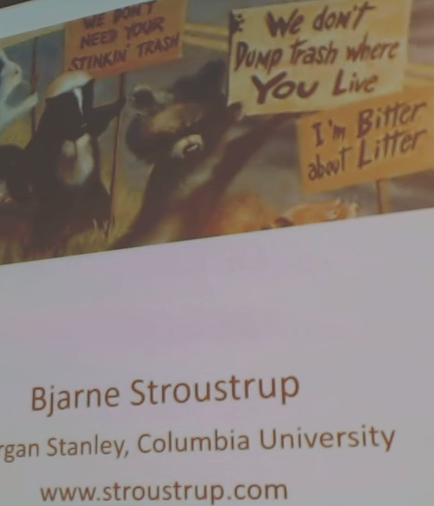CppCast Episode 41: Game Development with C++ and Javascript with Mark Logan
Episode 41 of CppCast the only podcast for C++ developers by C++ developers. In this episode Rob and Jason are joined by Mark Logan from Artillery to discuss his experience building a game engine in Javascript and C++!
CppCast Episode 41: Game Development with C++ and Javascript with Mark Logan
by Rob Irving and Jason Turner
About the interviewee:
Mark started learning C++ with Borland Turbo C++ in high school, so that he could build video games. After 20 years, he's finally starting to feel like he knows what he's doing. After graduating from Northeastern University's College of Computer Science, Mark spent 7 years at Google, mainly working on internal infrastructure and automation. More recently, he returned to his first love - game programming - and helped found a studio called Artillery. He's currently the tech lead on Artillery's free-to-play RTS, code-named Atlas. He spends his time working on performance optimization, networking, and solving cross-platform development problems.

 Earlier this week, Bjarne Stroustrup gave a talk at the Silicon Valley chapter of ACCU. The video and slides are now online:
Earlier this week, Bjarne Stroustrup gave a talk at the Silicon Valley chapter of ACCU. The video and slides are now online: Nice use of modern C++:
Nice use of modern C++: